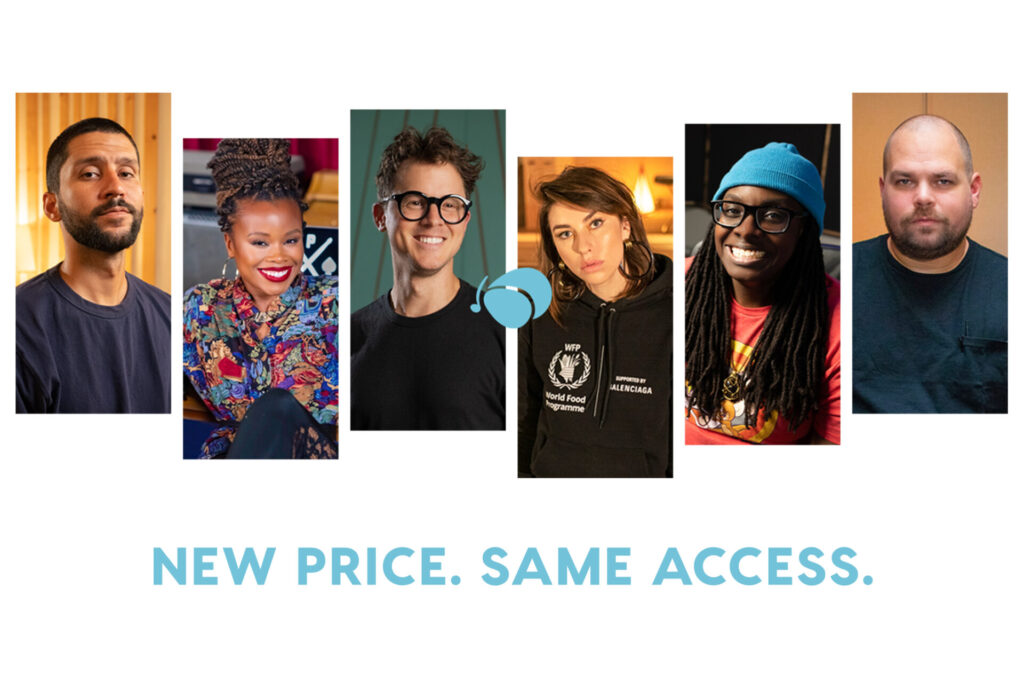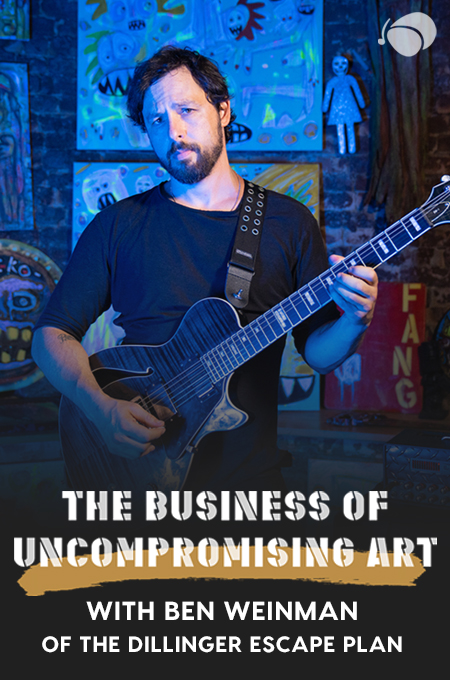+ Take your modern jazz piano and hip-hop beat making to new heights with Soundfly’s new course, Elijah Fox: Impressionist Piano & Production!
By Bob Barrick
Anyone who’s ever managed to book gigs for themselves knows that it can often be insurmountably difficult. You spend hours sending emails to every venue in town only to receive automated responses.
The problem isn’t that your music is bad. It’s that you’re going about it the wrong way. Like everything else in the music, booking needs to be approached like a business.
The first step in that approach is gaining some understanding of who you’re trying to contact. If you were a venue owner and your email inbox lit up with 20 booking emails everyday, would you respond to everyone? Probably not. You’d only respond to the ones that stand out.
We’ve put together some booking email strategies below to help your cold calls stand out against the crowd. And if you’re sending out booking requests for a lengthy upcoming tour, make sure you heed some advice from our free course, Touring on a Shoestring.
Do Some Research
Spamming every venue in town with the same pitch isn’t going to do you much good. That’s where a majority of amateur musicians make their mistake. They don’t realize that talent buyers have seen it all and can pick out serious inquiries from punks with a computer.
The key to a serious inquiry is research. Before even considering where you would like to play, make a list of every venue at your disposal and learn as much as you can about them. What’s the booking agent’s name? What’s the capacity? What does their upcoming calendar look like? If it appears that you’re not a good fit, don’t waste your time reaching out. You only get one chance at a first impression, after all.
Research doesn’t stop there, either. Find similar artists that you know perform in your area. Usually, their social media or website will allude to the venues that they frequent. One particularly useful resource is Bandsintown, which lists a bunch of past shows that an artist has played as well as how many fans are tracking them. Compare other artists’ lists against yours. Odds are, they’ve found a couple spots that weren’t on the front page of Google.
Draft a Strong and Succinct Email
Once you’ve gathered a list of venues, emails, and talent buyer names, it’s time to go about drafting your cold email. Again, try standing in your recipient’s shoes. Considering the mass inquiries they receive every day, do they have time to sift through your five-paragraph band bio? Probably not.
So, make it easy on them. Give them as much information as you can within the subject line. For example:
[Artist Name] Booking Inquiry for [Venue Name] – [Date]
And don’t stop the brevity there. Keep the body of the email just as succinct. Six sentences is perfect.
Greeting: Use the talent buyer’s name.
Sentence 1: Explain yourself. Why are you writing?
Sentence 2: Introduce yourself. Name and kind of performer.
Sentence 3: Describe yourself. Don’t fear making comparisons or using a genre name.
Sentence 4: Link to yourself. Preferably a website.
Sentence 5: Date yourself. (Not like that…) Pick out a specific date you’d like to book.
Sentence 6: Humble yourself. Say thank you.
Sign-Off: Use a professional-looking signature.
Here it is in action:
Subject: The Doors Booking Inquiry for Fillmore East – March 22nd
Dear Bill Graham,
I’m writing to inquire about booking the Fillmore East.
My name is Jim Morrison and I perform with the Doors. We are a psych-rock outfit out of San Francisco. You can listen to our recorded work at www.thedoors.com.
If you like what you hear, I would love to discuss booking March 22nd, 1968. Thank you for the consideration.
All the best,
Jim Morrison
(555) 555-5555
www.thedoors.com
[email protected]
+ Enjoy access to Soundfly’s suite of artist-led music learning content for only $12/month or $96/year with our new lower price membership. Join today!

Follow Up
According to Marketing Donut, 80% of leads require at least five follow-ups after initial contact. The same goes for booking inquiries. If you’ve not received a response after your first email, then follow up, and then follow up again, and again, and again until you get a response.
Every follow-up email should contain some independent value. Don’t go repeating what you already said in your initial contact. Instead, try sending a link to a recent review. Send over a free download of your most recent single. Do whatever you can to get their attention (without begging).
With a strategy based on good research, a strong introductory email, and appropriate follow-ups, you should have no problem landing that gig at the Fillmore East. Good luck!
Play Your Heart Out!
Continue your learning adventure on Soundfly with modern, creative courses on songwriting, mixing, production, composing, synths, beats, and more by artists like Kiefer, Kimbra, Com Truise, Jlin, Ryan Lott, RJD2, and our newly launched Elijah Fox: Impressionist Piano & Production.




